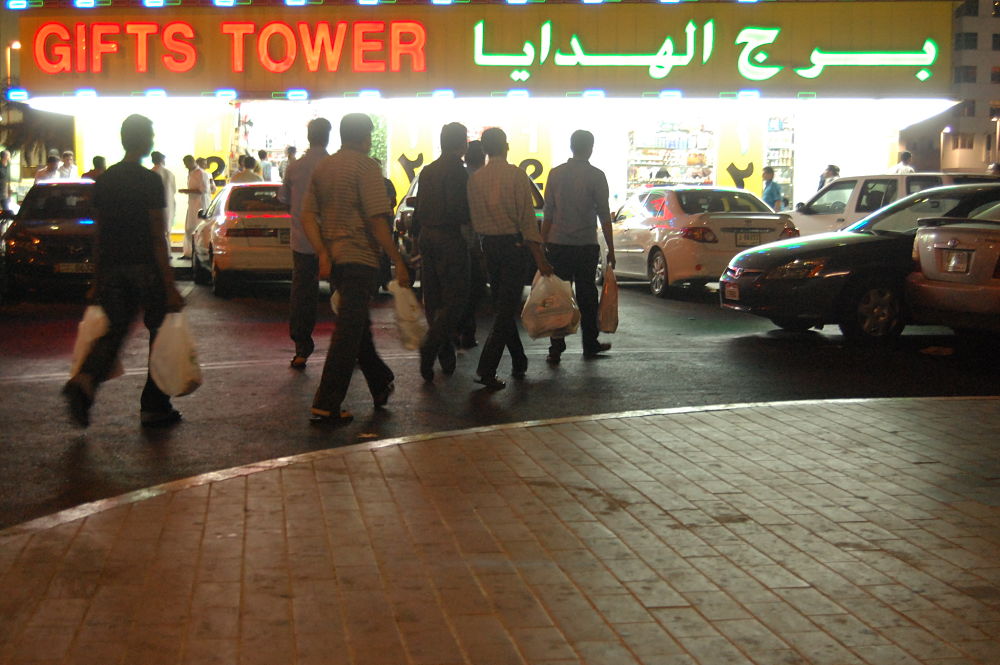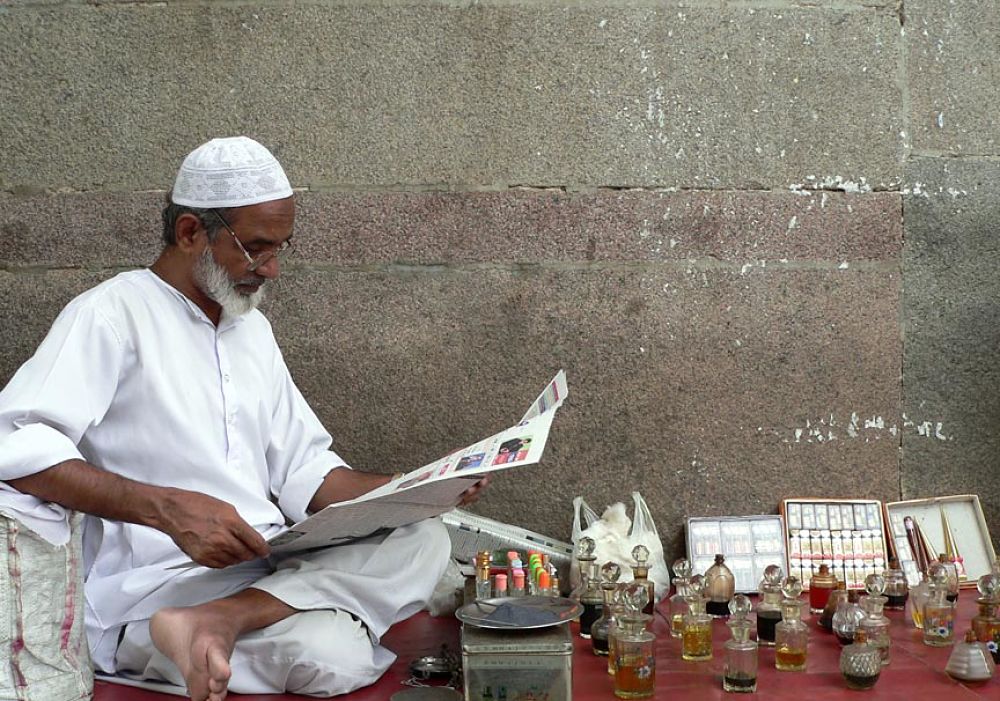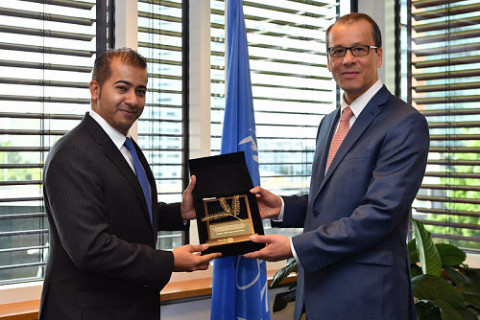The giving and receiving of gifts is an important part of professional and personal life in the Middle East.
Closely tied up with the need to maintain relationships and as a way of gaining and giving face, gift-giving bonds people together.
Islamic traditions based on the sayings of the Prophet Muhammad also encourage people to give one another gifts to maintain harmony and good relations.
Here are some quick-fire tips of gift giving you may find useful prior to visiting the region.
DON'T MISS THE SAMPLE OF OUR MIDDLE EAST CULTURE COURSE AT THE END!
What gifts should you give in the Middle East?
The most frequently given gifts are edibles such as pastries, chocolates, sweets and cookies. Dates are also commonly given as gifts.
If you are visiting the region for business, it is always a good idea to take some gifts with you. People really value food items, crafts and arts from different cultures.
There are some things you should avoid when giving gifts. For one, remember you cannot give any food product which contains pork or pork by-products such as gelatine. Any meat and meat ingredients need to be marked as ‘halal’.
Alcohol of course for most people is a no-no, in many places being illegal or controlled. According to Sharia law, Muslim men cannot wear silk or gold, although this does not apply to women.

Dates have been given as a gift for hundreds of years in this region. Today you find them in all shapes, sizes and flavours!
Photo by Ella Olsson on Unsplash
Should I Open Gifts upon Receipt?
If your gift is not opened in front of you straight away, your host may feel shy to do so; encourage and invite them to open it and assure them the gift is only a modest gesture.
It is important to remember that reciprocation is part of gift-giving – it is the norm to also give a gift in return of equal value or symbolism. So, if you receive a gift in the region, make sure you repay it while there, on your return home or on your next visit.
Can I give someone from the opposite sex a gift?
Buying gifts across the sexes, outside of the family, is generally considered too intimate and therefore not done.
If you and male and want to give a gift to a woman it is always best to say it is from a wife, girlfriend or mother. This also works the other way around in that women don’t normally buy for men and would either say a gift was from their husband or intended for the recipient’s wife. This bypasses any awkwardness.

Gift shops are very popular in the Middle East and Gulf region. They usually sell everything from toys to plastic flowers.
Photo by Zvi Leve on Flickr (CC BY 2.0)
Can I buy gifts for kids?
Once a relationship develops it is also a nice touch to buy small gifts for people’s kids as this helps ingratiate yourself with the family through showing affection and consideration for their children.
What if I have a Corporate Policy on Gifts?
Now for those of you who may work in companies or organisations with policies that do not allow the giving and receiving of gifts, it is important to try and replace the physical gifts with other gestures of giving – the most well-received and common is to take people out to eat.
Try and work within the confines of policy but still engage in the process of giving.
Where you must refuse gifts, or in situations where you feel the intention behind the gift is suspect, blaming company policy or your boss helps deflect and avoid any loss of face by you or the giver of the gift.

'Itr' is a perfume that comes in small bottles. They are very popular gifts in the region as people love to smell sweet! You usually find shops selling a wide range of itr or salesmen sat on the side of a street.
Photo by Koshy Koshy on Flickr (CC BY 2.0)
Gifts are the glue of relationship building
- In summary, gifts are important in building trust and nurturing relationships.
- Giving gifts that represent your own culture, especially edible ones, are normally enthusiastically accepted.
- However, make sure your gift doesn’t cross any lines in terms of taboos.
Take a Course on Middle East Culture
Want to learn more about the Arab culture and doing business in the region?
Have a look at our fabulous Middle East online cultural awareness training course.
It covers everything you need to know about the Arab culture and working with the people, including a section on gift-giving etiquette.
You can watch a sample of the course video for free below!
Photo by IAEA Imagebank on Flickr (CC BY 2.0)
